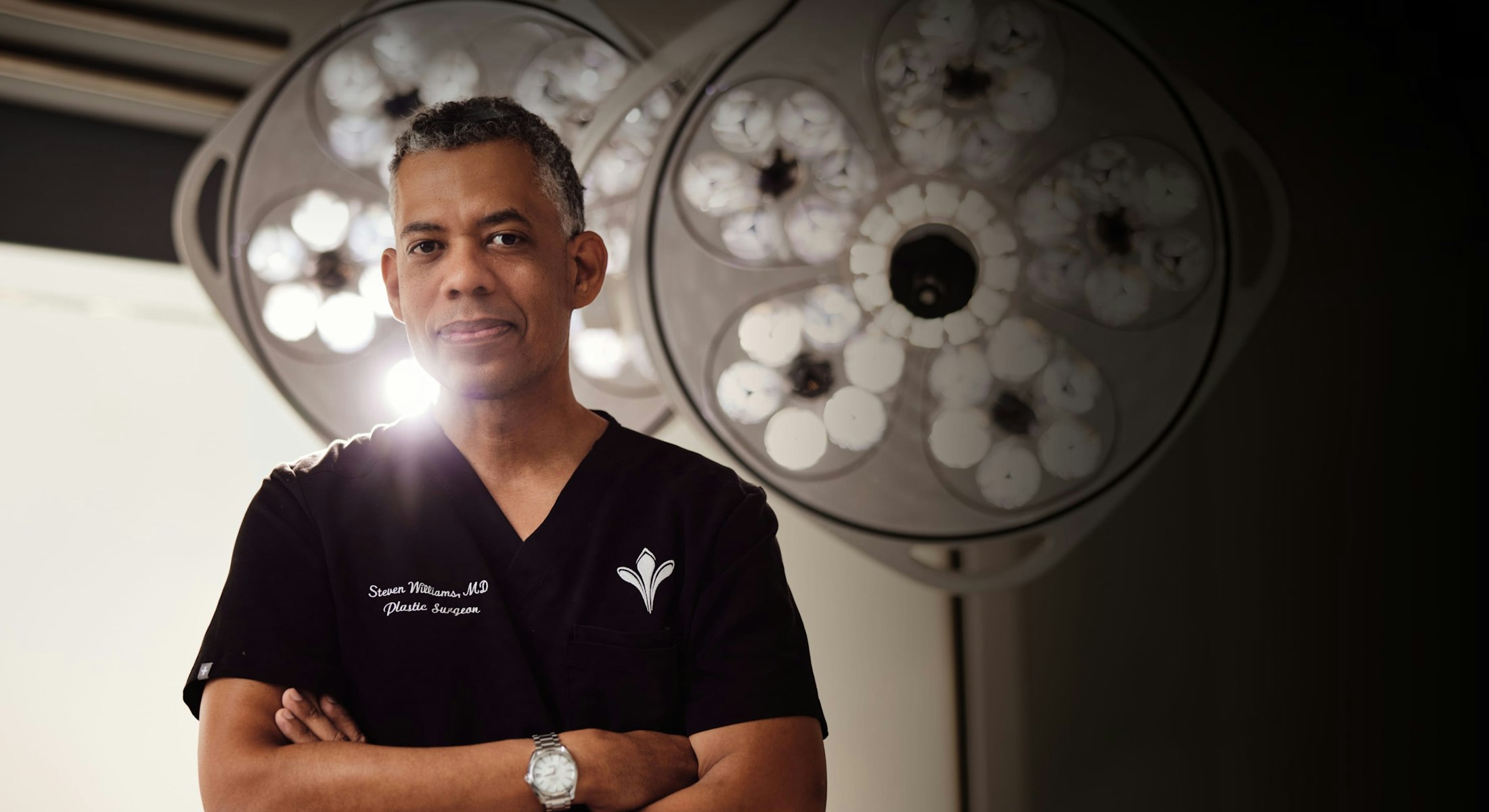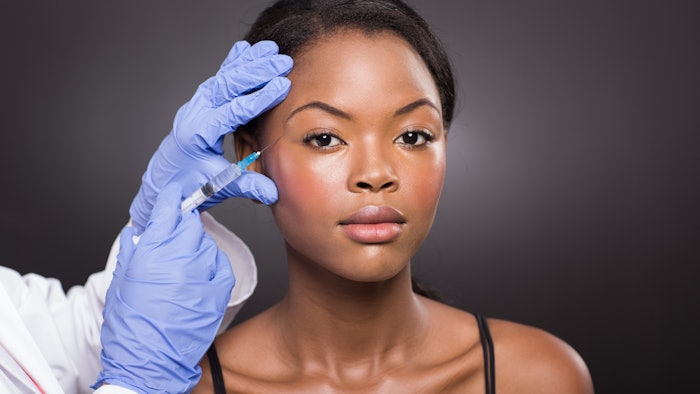Facelift Rancho Cucamonga: Smooth Wrinkles and Tighten Up Skin for a Younger Appearance
Facelift Rancho Cucamonga: Smooth Wrinkles and Tighten Up Skin for a Younger Appearance
Blog Article
Investigating the Psychological and Social Variables That Drive People to Think About Aesthetic Surgery as a Way of Enhancement
The decision to pursue cosmetic surgical treatment typically extends beyond mere looks, intertwining with psychological and social dynamics that warrant thorough evaluation. Factors such as self-confidence, pervasive societal charm requirements, and the prevalent impact of social media sites merge to form specific inspirations for medical improvement. As these impacts come to be significantly noticeable, recognizing the underlying social and psychological contexts is crucial. What continues to be to be discovered is the extensive effect these aspects have not only on individuality yet additionally on wider societal norms and worths bordering appeal and acceptance.
The Role of Self-confidence
Self-worth considerably affects an individual's decision to seek cosmetic surgery. People with reduced self-esteem usually perceive themselves in an unfavorable light, leading to sensations of insufficiency regarding their physical appearance.

Eventually, the role of self-confidence in the decision-making process regarding plastic surgery highlights the complex interplay in between body picture, personal contentment, and psychological health. Recognizing this connection is essential for health care specialists to ensure that clients are making notified decisions rooted in sensible assumptions and emotional health.
Social Beauty Requirements
Influenced by pervasive media representations and social stories, social appeal standards play a crucial function fit individuals' perceptions of their very own bodies. These standards are commonly defined by an idealized type of beauty that emphasizes qualities such as proportion, slimness, and youthful vigor. As these ideals are bolstered via different channels, consisting of marketing, tv, and film, people frequently internalize these messages, bring about dissatisfaction with their natural appearance.
The effects of these social norms extend past visual preferences; they can influence self-worth, psychological wellness, and social partnerships. People who perceive themselves as disappointing these standards might experience feelings of insufficiency, prompting a wish for plastic surgery as a way of accomplishing societal authorization. This search is often sustained by the belief that satisfying these ideals will certainly improve not only physical appearance however additionally social standing and personal gratification.

Influence of Social Media
The influence of social appeal standards is more magnified by the surge of social media sites systems, where curated photos and idealized depictions of beauty are common. Users are regularly exposed to filtered and modified photographs, which commonly depict unattainable physical qualities. This direct exposure grows a society of comparison, leading individuals to examine their very own look against these usually impractical benchmarks.
Social network influencers and stars often advertise cosmetic procedures, stabilizing the concept that medical improvements are a feasible means for attaining social ideals (plastic surgery rancho cucamonga). The visibility of these enhancements can create an assumption that undertaking cosmetic surgery is a basic method, thus influencing individuals to take into consideration comparable interventions as a path to boosted self-esteem and social acceptance
Moreover, the interactive nature of social networks permits for immediate responses through sort and remarks, additionally reinforcing the wish to comply with preferred beauty requirements. Such interactions can exacerbate feelings of insufficiency and drive people toward plastic surgery as a way of gaining recognition. Inevitably, moved here social media plays a critical function in shaping perceptions of beauty, which considerably affects the decision-making processes bordering cosmetic surgery.

Social Perspectives on Appearance
Across various societies, perceptions of look are deeply rooted in historic, social, and economic contexts, shaping individuals' sights on charm and desirability. In many societies, appearance serves as a significant pen of identity, influencing social condition, expert chances, and individual partnerships. For instance, in some cultures, light skin is frequently connected with riches and benefit, while others may glorify darker complexion as symbols of stamina and check my source authenticity.
Moreover, standard elegance criteria are commonly continued with social narratives, media depictions, and household influences, bring about varying ideals throughout different areas (plastic surgery rancho cucamonga). In Western societies, the focus on youth and physical conditioning often drives people toward cosmetic improvement, while in particular Eastern cultures, even more refined adjustments lined up with traditional aesthetics might be preferred
Globalization and the expansion of electronic media have better complicated these characteristics, developing a hybridization of charm ideals that transcends geographical borders. As individuals progressively browse these cultural narratives, the stress to satisfy certain look standards can cause the desire for plastic surgery, reflecting a complicated interaction of personal goals and cultural worths. Recognizing these social perspectives is vital in addressing the motivations behind plastic surgery factors to consider.
Emotional Influences of Cosmetic Surgery
Several people seeking cosmetic surgical procedure record experiencing extensive psychological impacts that can considerably alter their self-perception and emotional wellness - plastic surgery rancho cucamonga. The wish for physical improvement often comes from underlying problems such as reduced self-confidence, body dysmorphic disorder, or societal stress pertaining to appeal requirements. For some, the instant post-operative phase can lead to a short-lived increase in confidence and complete satisfaction with their appearance, cultivating a feeling of empowerment
Nevertheless, these positive sensations may not be enduring. Study suggests that while some clients experience improved self-esteem, others might deal with heightened anxiousness or clinical depression if their expectations are not met. This disparity can develop from impractical ideals bolstered by media depiction and cultural stories surrounding elegance.
Additionally, the psychological implications of cosmetic surgery expand beyond the person. Relationships with friends and family might be strained as social dynamics change, resulting in sensations of isolation or alienation. Go Here Eventually, the emotional effects of cosmetic surgical procedure are complex and intricate, needing mindful consideration by both potential patients and health care providers to make certain enlightened decision-making and realistic expectations.
Final Thought
In verdict, the decision to go after plastic surgery is considerably influenced by a mix of self-esteem problems, social elegance standards, and cultural point of views on look. The prevalent reach of social media even more worsens these stress, advertising impractical ideals that individuals commonly make every effort to attain. Understanding these mental and social aspects is crucial for dealing with the motivations behind cosmetic surgical treatment, highlighting the requirement for a much more nuanced discussion bordering elegance and self-acceptance in modern culture.
The choice to seek cosmetic surgery frequently extends beyond mere appearances, intertwining with social and mental characteristics that warrant complete examination. Ultimately, social media plays a critical function in shaping perceptions of beauty, which dramatically impacts the decision-making processes surrounding cosmetic surgery.
As people significantly browse these cultural narratives, the stress to adapt to certain appearance standards can lead to the desire for cosmetic surgical procedure, mirroring a complicated interplay of individual ambitions and cultural worths.In final thought, the decision to seek cosmetic surgical treatment is considerably influenced by a mix of self-confidence concerns, social charm requirements, and cultural viewpoints on appearance. Understanding these social and mental factors is important for attending to the motivations behind cosmetic surgical procedure, highlighting the requirement for an extra nuanced conversation bordering appeal and self-acceptance in contemporary culture.
Report this page